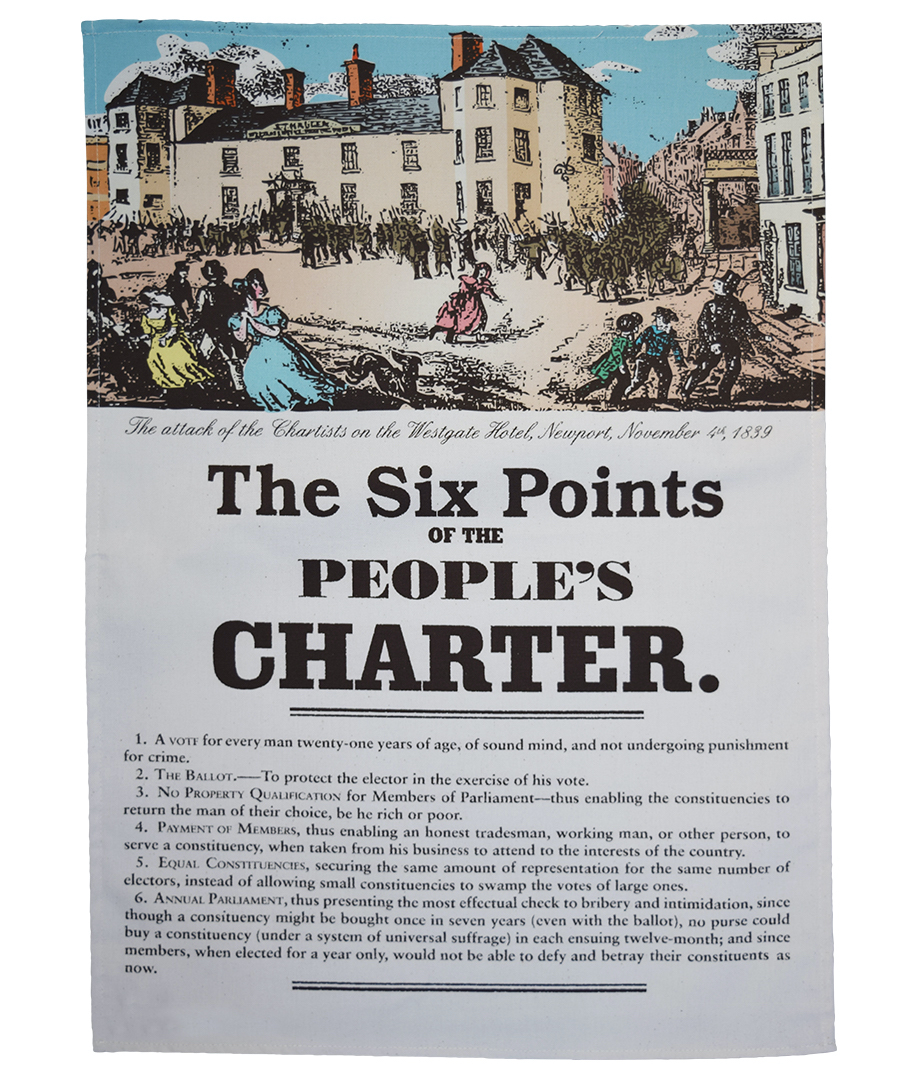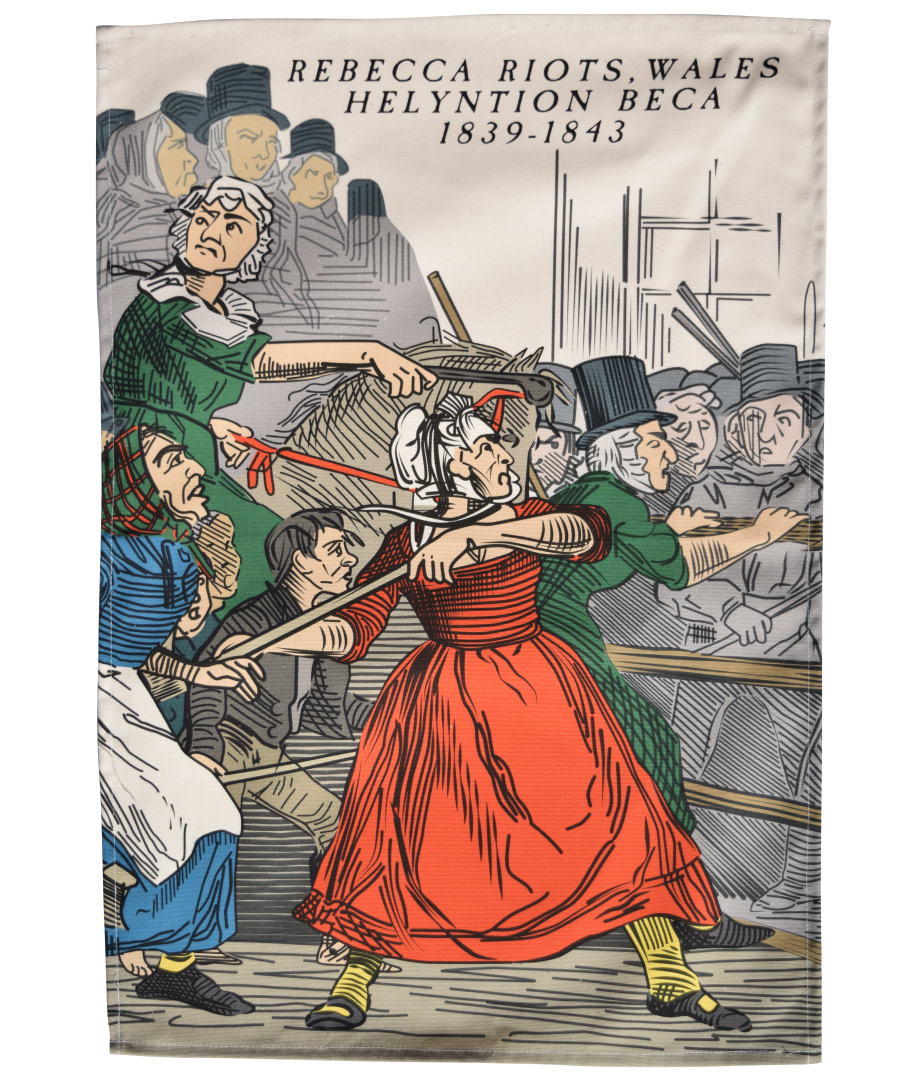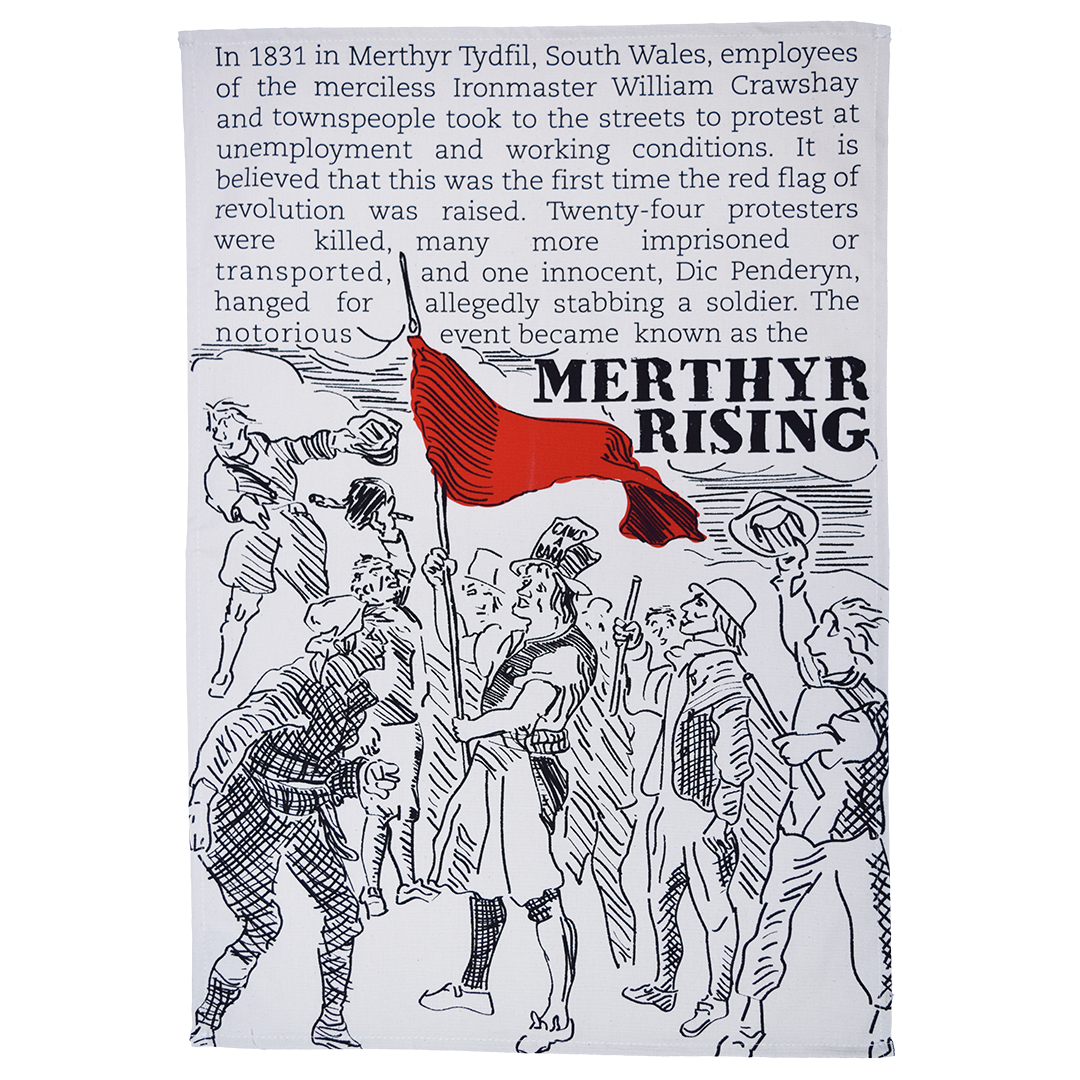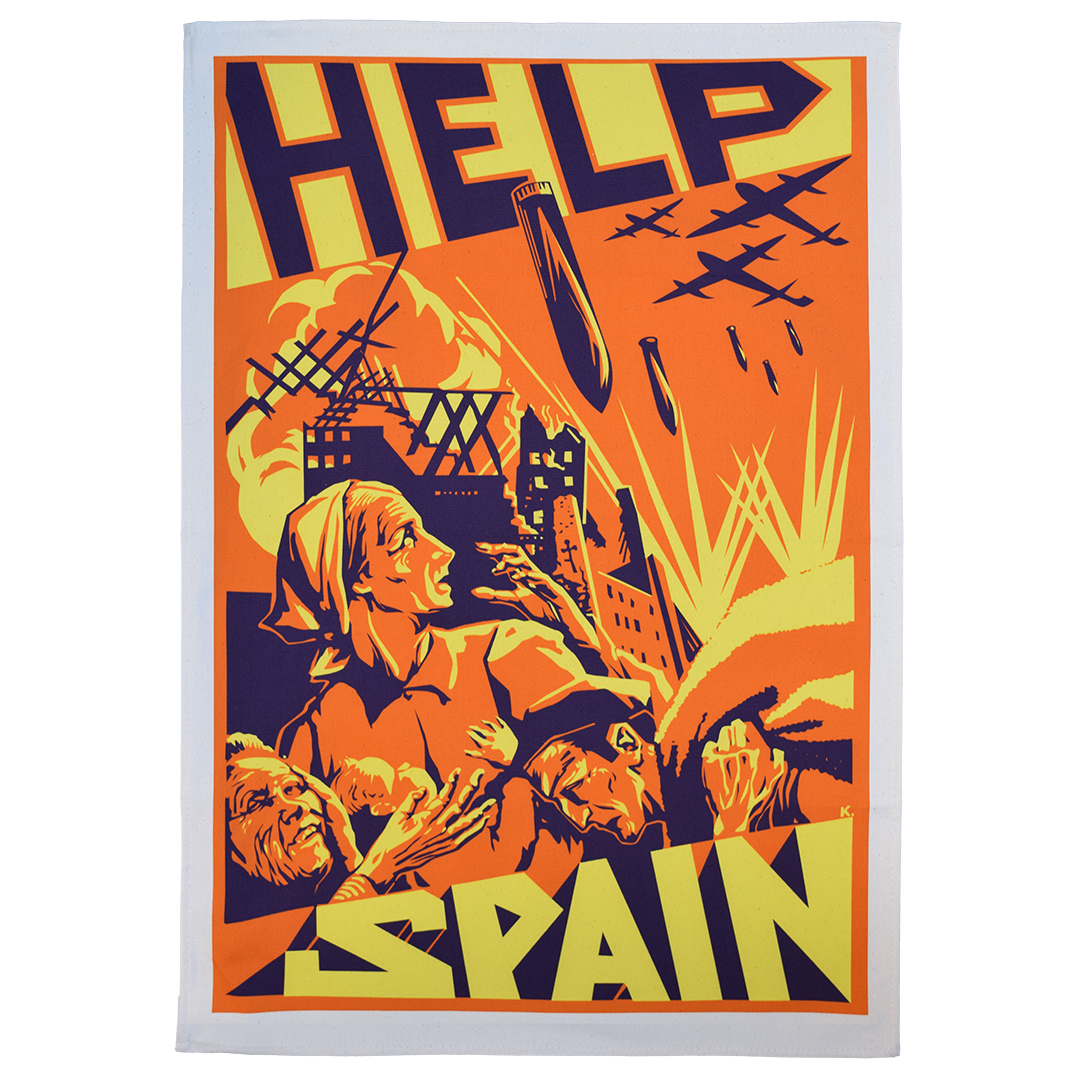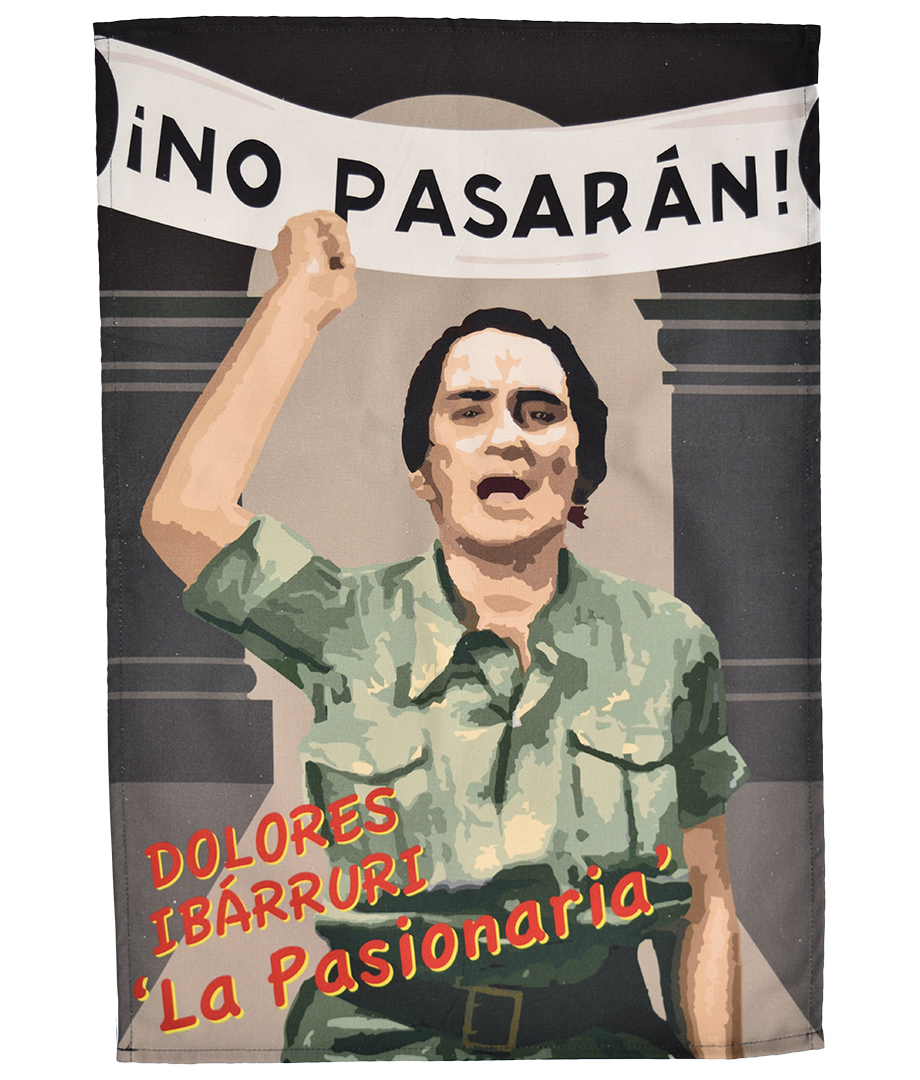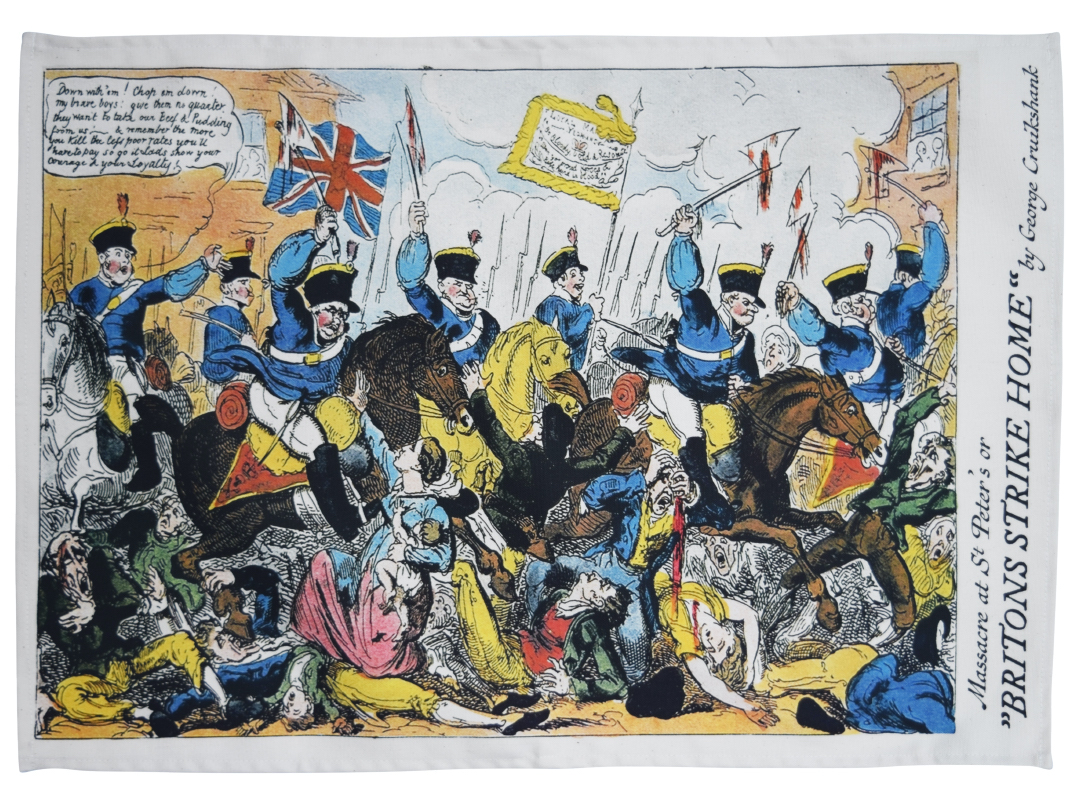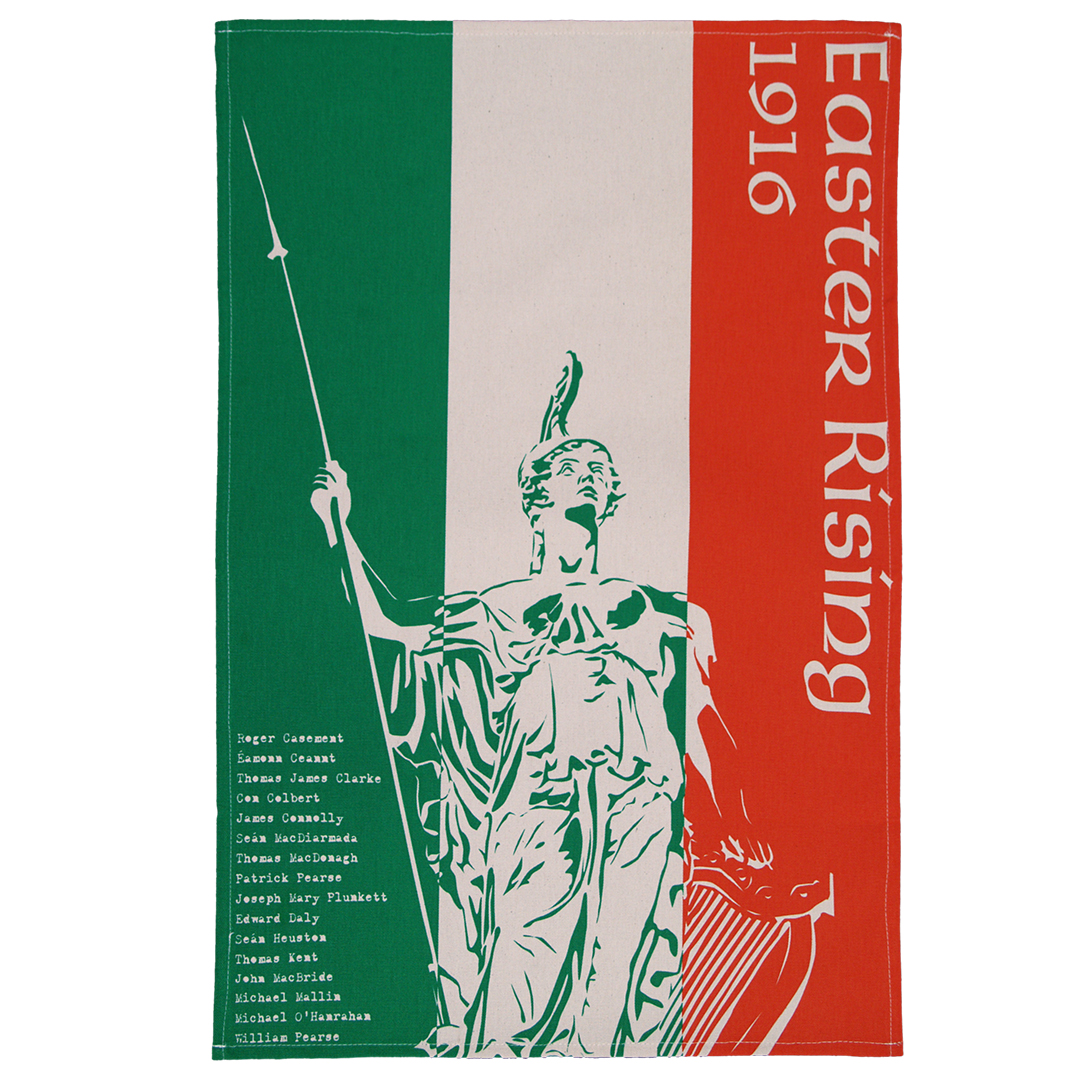Bringing the Past to Life: The Joys of Historical Fiction
Posted by Bea on 10th Nov 2021
RTT cofounder Bea explores her love of historical fiction
I’ve always loved a good historical novel. For me, they’re the perfect combination of fact and fiction: the events of history woven into a compelling narrative.
Some of them really are ‘unputdownable’ – if such a word exists.
I know I’d much rather be sucked into a good book than be sitting on the sofa night after night watching endless courtroom dramas on Netflix… We’ve all been there!
I think what inspires me most about historical novels is the way that they bring the past to life. Historical fiction has the power to make connections between then and now in ways that mere facts and dates can sometimes obscure.
They create empathy for what other people went through in different times. They help us to appreciate just how far we’ve come, and what we still have to achieve.
And most importantly, they don’t just tell us what happened – they help us to feel it.
Anyway, here are some of my favourites...
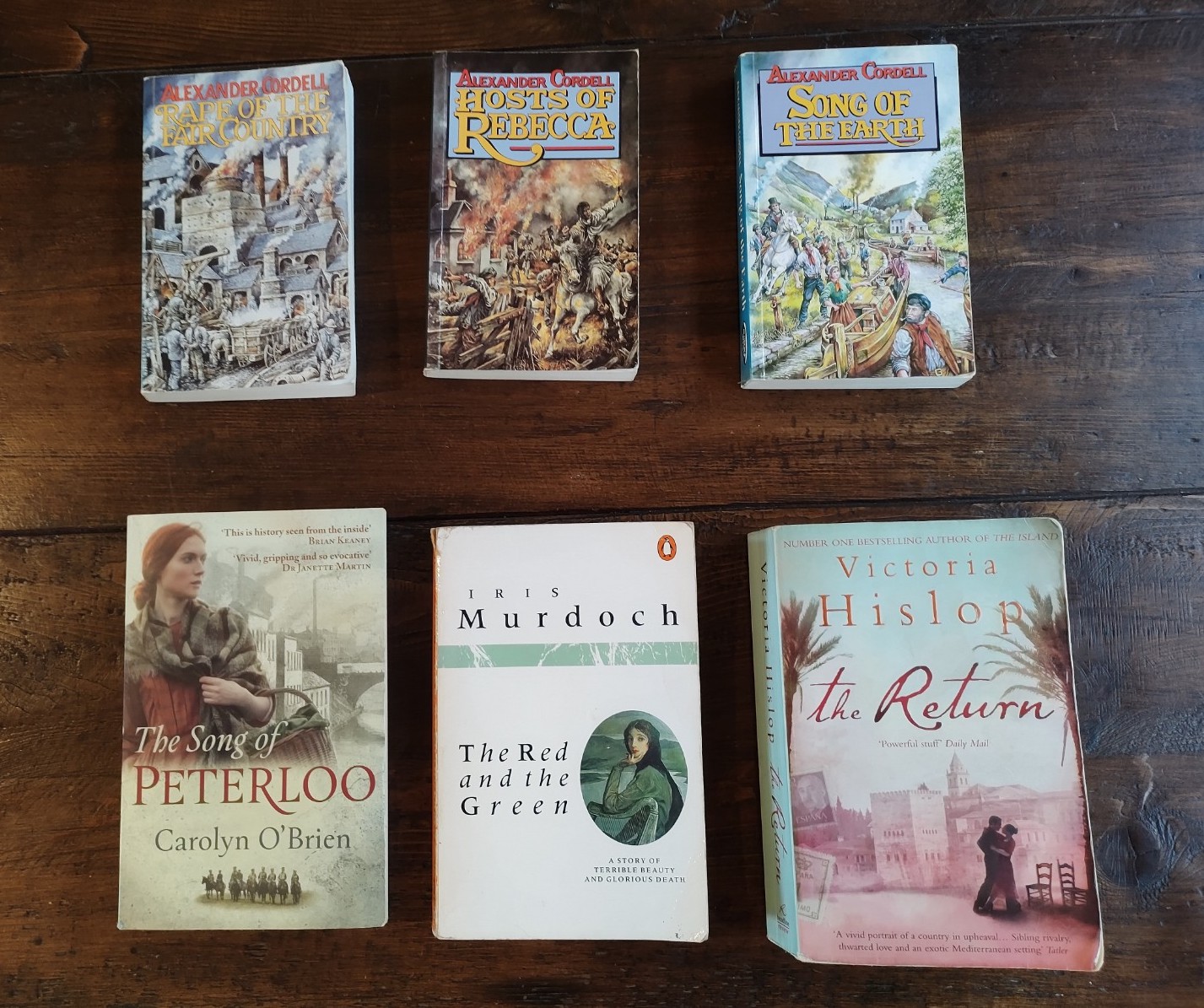
Having recently moved to the Brecon Beacons, I’ve been re-reading Alexander Cordell’s trilogy set in South Wales during the Industrial Revolution.
Cordell’s novels are deeply engaged in Welsh radical history.
For example, the first in the trilogy, Rape of the Fair Country (1959), tells the story of the Mortymer family and the ironmaking communities of Blaenavon and Nantyglo.
The novel includes a thrilling account of the events leading up to the 1839 Chartist Uprising in Newport, with a harrowing description of the attack on the Westgate Hotel.
Click to view our People's Charter tea towel
And the second novel, Hosts of Rebecca (1960), is set in the time of the Rebecca Riots, a series of protests undertaken by agricultural workers in response to high levels of taxation. The rioters, often men dressed as women, took their anger out on toll-gates, tangible representations of taxes and tolls.
Click to view our Rebecca Riots tea towel
Cordell's third book in the Mortymer trilogy, Song of the Earth (1969), switches its focus to the canals and waterways of the Neath Valley.
It tells of the Evan family who buy a canal barge and struggle to maintain a livelihood as the railways gradually replace the canals as the major means of transport.
With the canals failing, the family move to Aberdare to work in the pits, experiencing the everyday struggle of the miners working the mid-19th century coalfields.
I’ve not yet got round to reading Cordell’s The Fire People (1972), but it’s next on my list.
It’s set in Merthyr Tydfil around the time of the 1831 Merthyr Rising and the hanging of Dic Penderyn, events which Cordell researched extensively. If it’s anything like his other books, it won't disappoint!
Click to view our Merthyr Rising tea towel
A more recent discovery for me is the author Victoria Hislop.
Having travelled widely in Spain and spent much of my working life as a languages teacher, I didn’t need much persuading to start her compelling historical novel, The Return (2008).
The backdrop to this family saga is the Spanish Civil War which brought the dictator Francisco Franco to power. The main narrative tells the story of the Ramirez family who are divided by their political beliefs.
They live in Granada, a crucible of conflict which claims several Ramirez lives, as it did the real life poet Federíco García Lorca, who makes a brief appearance in the novel. The descriptions of war-ravaged Spain are very powerful.
Click to view our Help Spain tea towel
Click to view our No Pasarán! tea towel
At the moment I’m reading a more recent novel, Carolyn O’Brien’s The Song of Peterloo (2019). It really is gripping!
It tells the story of Manchester mill-worker Nancy Kay who struggles to support her ailing mother and sensitive son. Desperate to provide for them, she is inspired to join the growing agitation for parliamentary reform.
But, as she risks everything to attend a great assembly on St Peter’s Field, Nancy is unaware the day will go down in history, not as a triumph but as tragedy: the Peterloo massacre.
Click to view our Peterloo tea towel
One of the first historical accounts I ever remember reading was Iris Murdoch’s The Red and the Green (1965), a thoroughly-researched story of hatred and heroism set in Dublin in April 1916 – in the week leading up to the Easter Rising.
If you want a novel that really delves in to the nitty gritty of Irish history and nationalist politics, I can’t recommend this enough!
Click to view our Easter Rising tea towel
As you probably know, we at Radical Tea Towel are passionate about history – because learning about the past can help us to navigate our own troubled present.
I know that historical fiction is just one way of learning about bygone centuries. But over the years, reading these novels has unlocked the doors of the past, and opened my eyes again and again to the lives of those who came before us – not just the famous figures of history, but everyday people like us.
I think it was William Faulkner who said ‘The past is never dead. It is not even past.’
History repeats itself, and the same political themes resonate through the centuries. If anything, these novels show that the past lives on in its own way, continuing to shape our world today.
So what are your favourite historical novels? I’d love some new recommendations!

